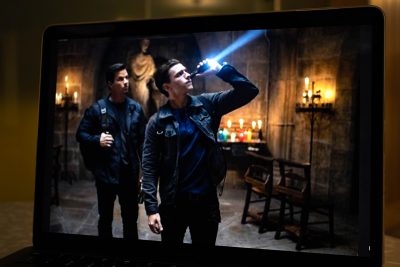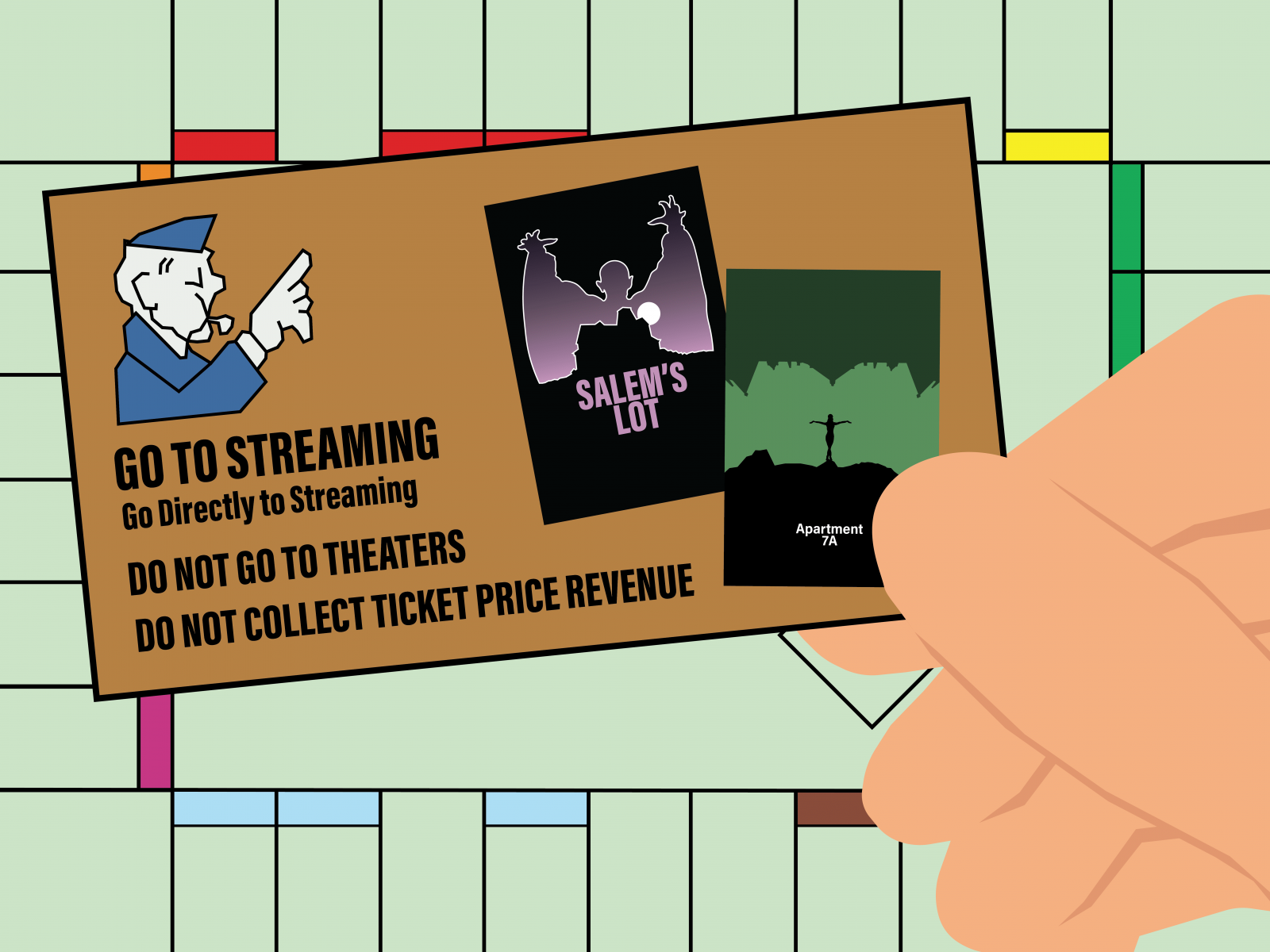Action-adventure films attract adrenaline seekers — people who live vicariously through the characters on-screen, risking their lives and traveling to unknown lands. Films like “Indiana Jones,” “Mad Max” or even “Kingsman” exemplify that rush — a feeling of absolute enjoyment complemented by the danger that hovers over the protagonist’s head.
But sometimes that danger or thrill never truly finds its stride.
Directed by Ruben Fleischer and based upon the popular video game series by Naughty Dog, “Uncharted” tells the story of Nathan Drake — the self-proclaimed living ancestor to Sir Francis Drake — played by the clever and charming Tom Holland. Drake is caught up in an international treasure hunt spearheaded by the individualistic Victor Sullivan “Sully,” played by Mark Wahlberg. As Drake and Sullivan travel around the world, they encounter all sorts of twists and turns as they race to get their hands on lost treasure.

At its surface, “Uncharted” is a plain, simple and, at times, a fun and cute story of adventure, all thanks to Holland. But it also includes the generic action-adventure genre tropes of beautiful scenery, mystery and obviously, characters in peril. Of course, viewers must extend disbelief in its entirety, as was expected, but “Uncharted” works again on the lowest of levels.
What’s most problematic stems from the film’s favor of style over substance, or more properly spectacle over substance. There is a certain feel to the film that emulates that of its video game roots — how characters go about their lives or the story with general ease and face no true obstacles aside from basic dilemmas or the extreme of falling through the sky over the Indian Ocean with no parachute.
Such a flow of action, or story that is, makes for an appealing but basic time, where things fall into place simply because they can. It is interesting to find yourself entranced in the mystery behind the lost treasure, but that remains the sole thrill.
Holland remains as delectable as he has ever been, with his boyish-looks and quips nicely complementing the character of Nathan Drake. It is Holland and Wahlberg’s interactions (or banter) that brings out the weak dialogue or comedy to the film. Given one or two witty remarks, Holland and Wahlberg bounce off one another like two 12 year olds stuck in a game of “he said, she said.” That is when the lackadaisical efforts behind their chemistry show to the audience — an unfortunate take given the film revolves around the newfound bond between them and their testing of limits against one another. Instead, we find smiles, joy, an accusation or two and then a happy ending.
Additionally, characterization struggles to find its place revolving around the fast-paced script and action being propelled forward to the audience in what can only be deemed a hopeful “hail mary” of awe.
The two main characters aside, all supporting characters — such as Chloe Frazer, played by Sophia Ali, or even Santiago Moncada, played by Antonia Banderas — are never given enough time to fully develop or at least disclose their inner-self. Instead, they are pushed around like pawns on a chess board, in hopes of making the right moves to find the perfect ending.
Here again is where spectacle remains paramount for Fleischer and company — in how the film’s central purpose is to solely entertain its status as an action-adventure mystery film. The problem then doesn’t ever come close to the question of whether the film is entertaining or not, because there are moments where it is, but strictly in relation to how strong of a film it really is. And that answer is much shorter than anything else — minimal.
Appealing to the eye by way of Holland and visual imagery, but lacking in anything truly inspiring or powerful, “Uncharted” fails to ever resonate with an audience.






















































































































